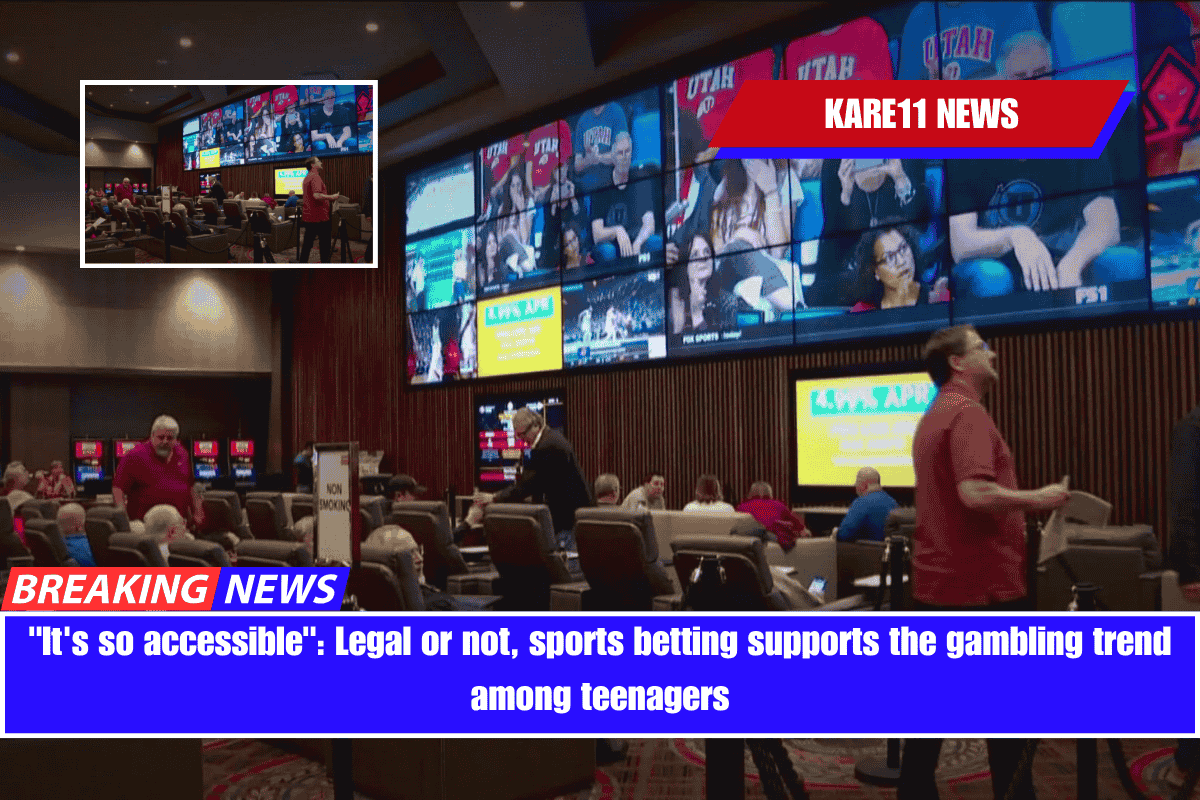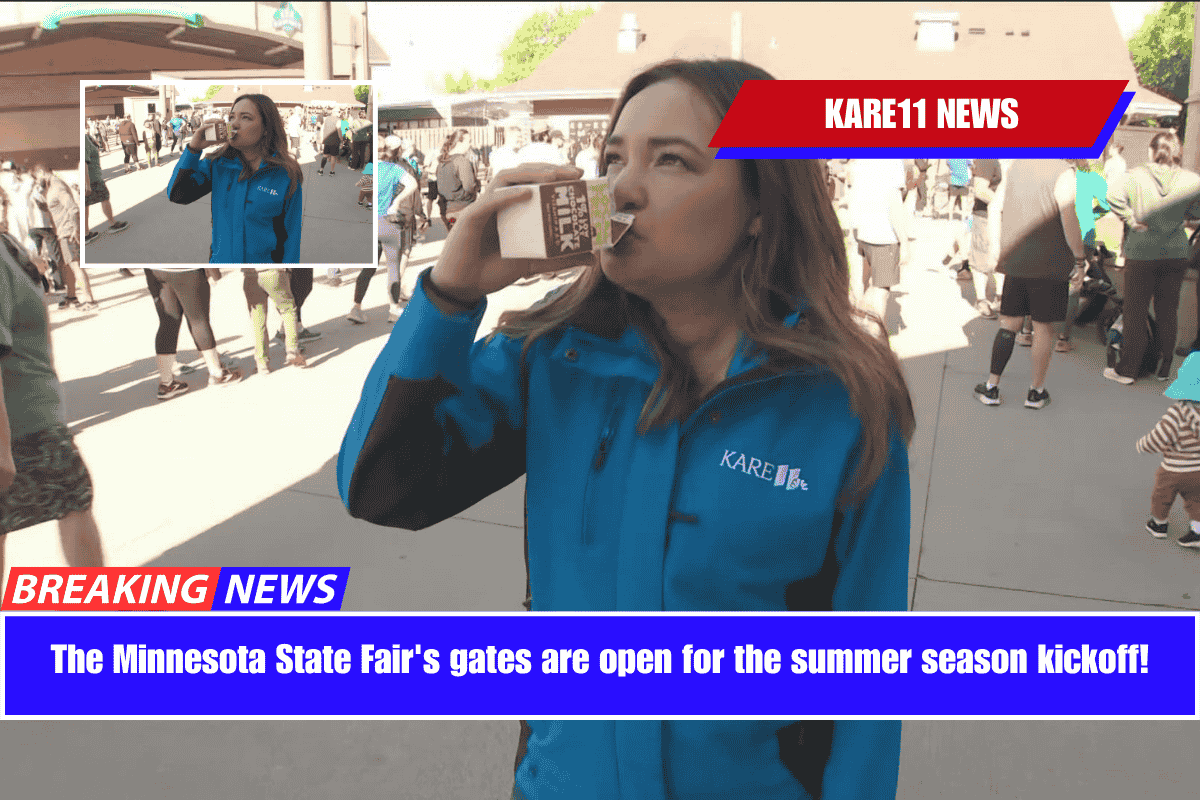Golden Valley, Minnesota — Despite several years of legislative debate over legalizing sports betting, Minnesota remains firmly on the sidelines.
Despite the fact that sports betting is still illegal in this state and ten others, fans are finding new ways to gamble.
Newly published research indicates that this is also true for Minnesota students.
“I think what it tells us is that it’s culturally embedded in our community,” said Dr. Serena King, a Psychology Professor at Hamline University with 20 years of experience studying youth gambling and problem gambling.
King wrote the new letter, “Frequent and Problem Gambling in Public School Students,” which looks at data from the 2022 Minnesota Student Survey, a large-scale, statewide study of middle and high school students conducted every three years.
According to the letter, nearly 8% of Minnesota public school students in grades 8th, 9th, and 11th reported gambling once or more per week.
Dr. King: “And what we discovered was that it was primarily sports and games. Around 70-80 percent of our sample’s frequent gamblers bet on sports and games.
Kent Erdahl: Are we discussing a playground bet with a friend? Are we referring to a sports betting app?
Dr. King says, “Both. The survey included both informal and formal sports betting, and both were relatively popular among frequent gamblers.
Data not keeping up
Because the study is based on the 2022 Minnesota Student Survey, experts in problem gambling believe the problem is likely even worse today.
“I’m not sure the data is keeping up, necessarily, with what we’re seeing,” said Susan Sheridan Tucker, Executive Director of the Minnesota Alliance on Problem Gambling (MNAPG), which is preparing for the 2025 survey results, which are due in the coming months. “Teachers are very much aware that their students are gambling on their phones. “It’s very accessible,” Sheridan Tucker said. “If your child gambles more than once a week, that should raise red flags. We have normalized gambling, and I believe we are not having conversations about the risks.”
When the Minnesota legislature was debating a sports betting bill last year, MNAPG attempted to assess the risk to Minnesota adults. It was discovered that over 250,000 Minnesotans already identify as problem gamblers, with 56,000 likely to be diagnosed with a gambling addiction. However, finding treatment for that many people would be nearly impossible because, at the time, there were only 19 licensed providers to treat that addiction.
“I think we’re down to 17 providers now,” Sheridan Tucker said, recognizing the difficulty of providing treatment. “This is an addiction that isn’t covered by insurance.”
If the state legalized sports betting, Sheridan Tucker believes it would almost certainly increase funding for more providers, gambling addiction resources, and classroom education. However, it would also increase societal costs.
“It’s a double-edged sword,” King explained. “We implemented consumer and youth protections, which I believe have resulted in positive conversations in our state, and I am very proud of those conversations. However, when a product is legalized and widely available, people, including youth, are exposed.
“I listen to literally hundreds of recovery stories,” Sheridan Tucker stated. “One of the first questions asked is, what was your first exposure to gambling and, almost inevitably, they are talking about experiences as young kids.”
How to identify and talk about problem gambling
Here are a few signs that a person is involved in problem gambling.
- Increased frequency of gambling activity.
- Gambling for significantly longer periods of time than originally planned.
- Boasting about wins but never talking about losses.
- Lying about how money is spent.
- Turning to other excesses to relieve gambling stress (alcohol, sleep, video games, etc.).
To encourage a productive conversation about gambling with your child, Sheridan Tucker and Dr. King suggest:
- Discussing the game with your child and family.
- Pick a non-stressful time, such as during a car ride or a fun family activity.
- It is worthwhile to collaborate with your child to develop boundaries around technology use, particularly around games that involve money or virtual currency.
- Watch for time and money that they may be spending and make time to listen to motivations and emotions associated with gaming or gambling.
- Set aside time to view and interact with apps or games together and keep the conversation open.
- Sheridan Tucker and Dr. King caution against abruptly taking away the game, turning off the power or using fear tactics.
- Instead, let your child know you care and are concerned.


















Leave a Reply